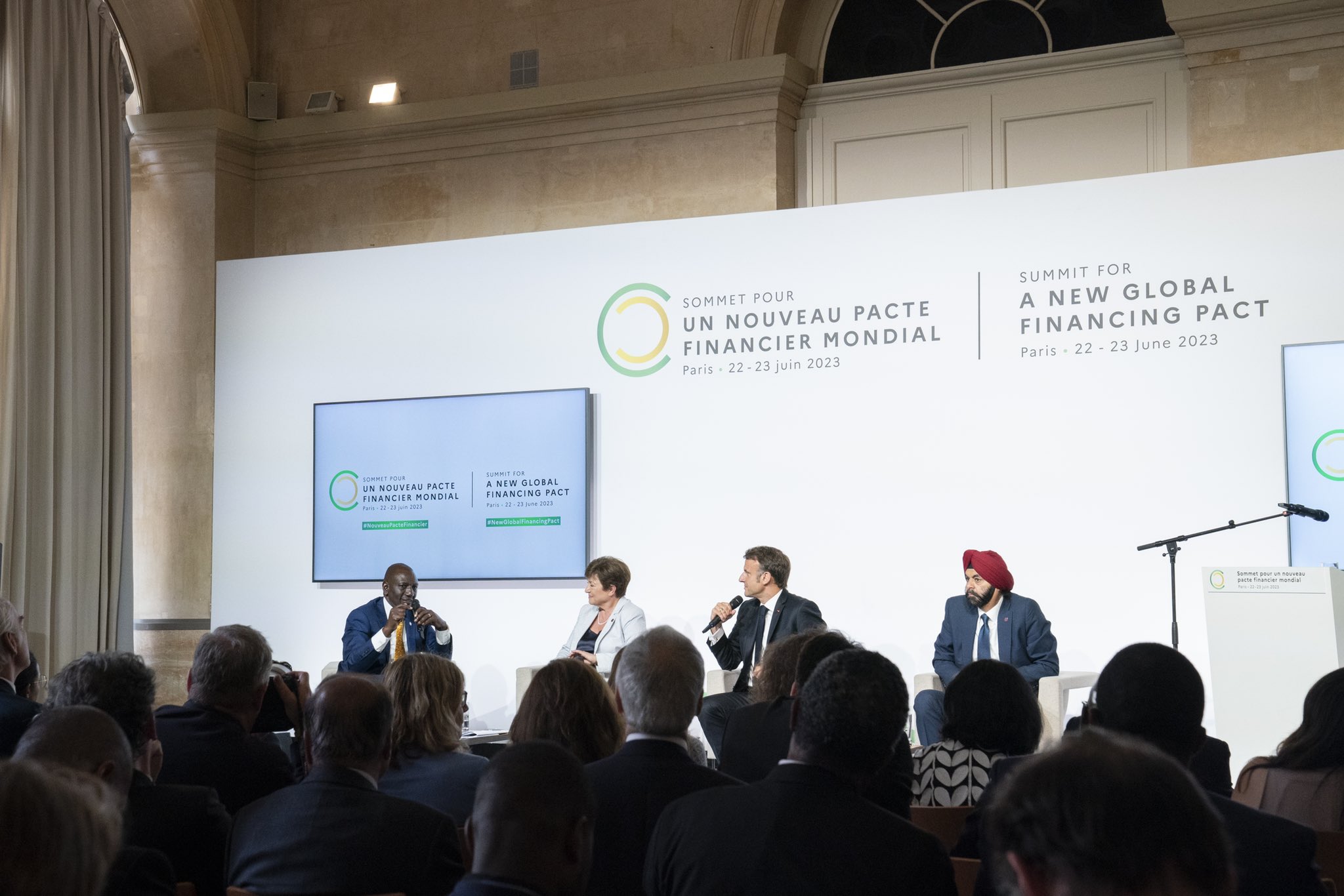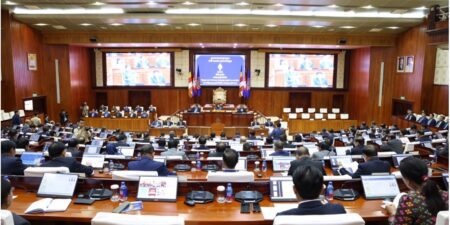The BGA Energy and Natural Resources team, led by Senior Director Bradford Simmons, wrote an update to clients on the recent Summit for a New Global Financing Pact held in Paris.
Context
- French President Emmanuel Macron convened global leaders in Paris from June 22-23 to drive debate and explore ways for the global financial system to address 21st-century challenges more effectively. Climate finance and mobilizing capital to help developing countries tackle climate change were at the core of Macron’s agenda.
- Capital mobilization for climate-related development goals will need to increase fourfold from pre-pandemic levels to $2.4 trillion a year by 2030 for developing countries other than China. At the 15th Conference of Parties (COP15) of the United Nations Framework Convention on Climate Change in Copenhagen in 2009, developed countries committed to a collective goal of mobilizing $100 billion a year by 2020. Developed countries have failed to meet this goal each year since 2020, sowing doubt among developing countries that the developed world is prepared to drive the financing to address a crisis largely of its own making.
Significance
- The summit achieved few notable advancements on addressing the developing world’s climate finance gap aside from incremental progress on reforms to the International Monetary Fund’s $100 billion special drawing rights mechanism. This vehicle enables developing countries to access designated funds that do not carry associated debt burdens and are held in reserve for emergencies. The summit’s modest outcomes and the sparse attendance by political leaders from developed country casts further doubt on the global community’s political will to initiate public spending in the developing world commensurate with the scale of the climate challenge.
- The summit’s policy debate sharpened deliberation surrounding the proportion of resources that multilateral development banks (MDB) should devote to climate mitigation and adaptation and a global tax on shipping. MDB shareholders, staff and aid recipients disagree on how best to prioritize climate programs into MDBs’ broader development agenda. A global shipping tax has yet to gain real momentum and political support.
Implications
- The summit’s lackluster results could contribute to a fracturing of what has been several years of relative consensus on pathways for progress under the U.N.’s COP process. The inability to honor previous commitments much less advance bold and effective new ones will likely strengthen the developing world’s focus on extracting concessions from developed countries on climate loss and damages. With Australia and the Pacific Islands Forum almost certainly to co-host COP29, small island states facing an existential climate threat will be uniquely empowered to shape the agenda to prioritize loss and damages.
- Without a global framework in place, pressure will increase on bilateral and minilateral climate and energy transition frameworks to deliver meaningful results. The formation of the International Partners Group and subsequent launch of Just Energy Transition Partnerships (JETP) in Indonesia and Vietnam will need to meet heightened expectations to demonstrate an ability to arrest the growth of emissions in key developing Asian countries. Both JETP frameworks include scant details substantiating the $20 billion and $15.5 billion commitments, respectively, announced in 2022. Elements of the financial commitments fail to withstand scrutiny. For example, the United Kingdom’s initial Indonesia JETP commitment is a repackaging of an existing World Bank guarantees program that does not constitute new resources and is likely not exclusively dedicated to Indonesia-related expenditures. This reliance on accounting creativity to inflate climate finance figures and commitments is not lost on developing countries, leading to further distrust and fracturing.
- Carbon leakage and measures to address it, namely the European Union’s Carbon Border Adjustment Mechanism and the Global Arrangement for Steel and Aluminum, will emerge as the primary vehicles for developed countries to spur climate action in developing countries in the absence of a more credible climate finance facility or commitment. BGA analysis indicates that trade with the EU represents a significant proportion of the gross domestic product (GDP) of many export-oriented economies across the region (bilateral trade between the EU and Bangladesh, Cambodia, Malaysia, Taiwan Thailand and Vietnam all represent 4 percent or more of the Asian economies’ GDPs). Non-power sector-related industrial emissions constitute the second-largest source of sectoral emissions across each of Asia’s subregions, meaning climate-related trade initiatives could have a significant impact on economic competitiveness if countries fail to promulgate EU-compliant carbon pricing regimes or otherwise reduce carbon intensity to levels roughly equivalent to competing suppliers.
BGA will continue to keep you updated on climate finance and JETP developments as they occur. If you have any comments or questions, please contact BGA Senior Director for Energy and Natural Resources Bradford Simmons at bsimmons@bowergroupasia.com.
Best regards,
BGA Energy and Natural Resources Team

BowerGroupAsia


























